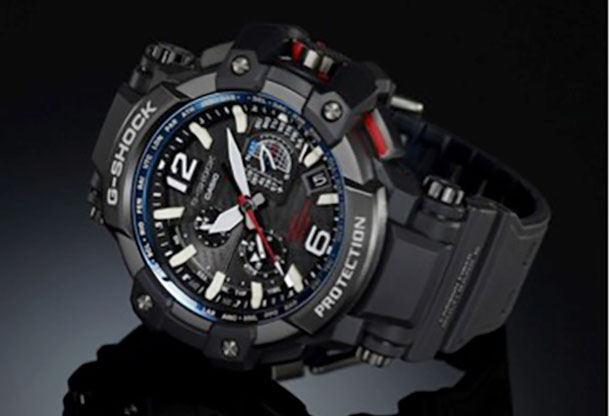 THUNDER BAY – Tech – Time flies as time goes on. Many people are feeling tired this week, part of that is the change to daylight savings time. Part of that is our perceptions of time. Psychological scientist Eugene Caruso of the University of Chicago Booth School of Business says “It seemed to us that psychological scientists have neglected the important fact that, in everyday experience, people don’t evaluate the past and the future in exactly the same way.”
THUNDER BAY – Tech – Time flies as time goes on. Many people are feeling tired this week, part of that is the change to daylight savings time. Part of that is our perceptions of time. Psychological scientist Eugene Caruso of the University of Chicago Booth School of Business says “It seemed to us that psychological scientists have neglected the important fact that, in everyday experience, people don’t evaluate the past and the future in exactly the same way.”
In a report from the university it says, “We say that time flies, it marches on, it flows like a river — our descriptions of time are closely linked to our experiences of moving through space. Now, new research suggests that the illusions that influence how we perceive movement through space also influence our perception of time. The findings provide evidence that our experiences of space and time have even more in common than previously thought”.
The research, was published in Psychological Science, a journal of the Association for Psychological Science.
Time flies as time goes on
From research on spatial perception, we know that people feel closer to objects they are moving toward than those they are moving away from, even if the objects are exactly the same distance away. Because our perceptions of time are grounded in our experiences of space, Caruso and his colleagues hypothesized that the same illusion should influence how we experience time, resulting in what they call a temporal Doppler effect.
Surveying college students and commuters at a train station, the researchers found that people perceived times in the future (i.e., one month and one year from now) as closer to the present than equidistant times in the past (i.e., one month and one year ago).
Similarly, participants who completed an online survey one week before Valentine’s Day felt that the holiday was closer to the present than those who were surveyed a week after Valentine’s Day.
These findings hint at the relationship between movement in space and perceptions of time; to establish a direct link between the two, the researchers conducted a fourth study using a virtual reality environment.
Wearing a head-mounted display, college students were immersed in a scene with a two-lane road flanked by trees, streetlights, and buildings. Some of the students experienced the scene as though they were walking toward a bubbling fountain at the end of the road, whereas others felt as though they were walking backwards, away from the fountain. Later, the students reported how far away a date (three weeks in the future or three weeks in the past) felt to them.
Only those students who moved forward reported that the future felt closer than the past; students who experienced a mismatch between their movement (i.e., backward) and the direction of the event (i.e., future) showed no temporal Doppler effect.
These results confirm that our perceptions of time are grounded in our experiences of movement through space: We tend to feel closer to the future because we feel like we’re moving toward it.
Caruso and colleagues argue that this orientation toward the future isn’t merely a perceptual quirk; they believe it serves an important purpose. Humans haven’t yet mastered the art of time travel, so we can’t change the past. But we can prepare ourselves for the future; perceiving future events as closer may be a psychological mechanism that helps us to approach, avoid, or otherwise cope with the events we encounter.
The researchers hope to explore the functional aspects of the temporal Doppler effect in future experiments. For example, is the effect associated with healthy psychological functioning? Are people who show a reverse asymmetry — experiencing the past as closer than the future — more prone to negative outcomes like rumination and depression? Does eliminating the effect make us worse at creating plans and making decisions about the future?
According to Caruso, “this research is important because the idea of psychological distance is central to theory and research in every subfield of psychology — social, developmental, cognitive, clinical — yet there has been an implicit assumption that distance to the past is the same as distance to the future.”
While philosophers may debate the directionality of time, these studies suggest that our subjective experience of time is clearly directional.
“Our work suggests instead that there is a systematic difference in people’s perceptions of distance to the past and the future,” Caruso concludes.





